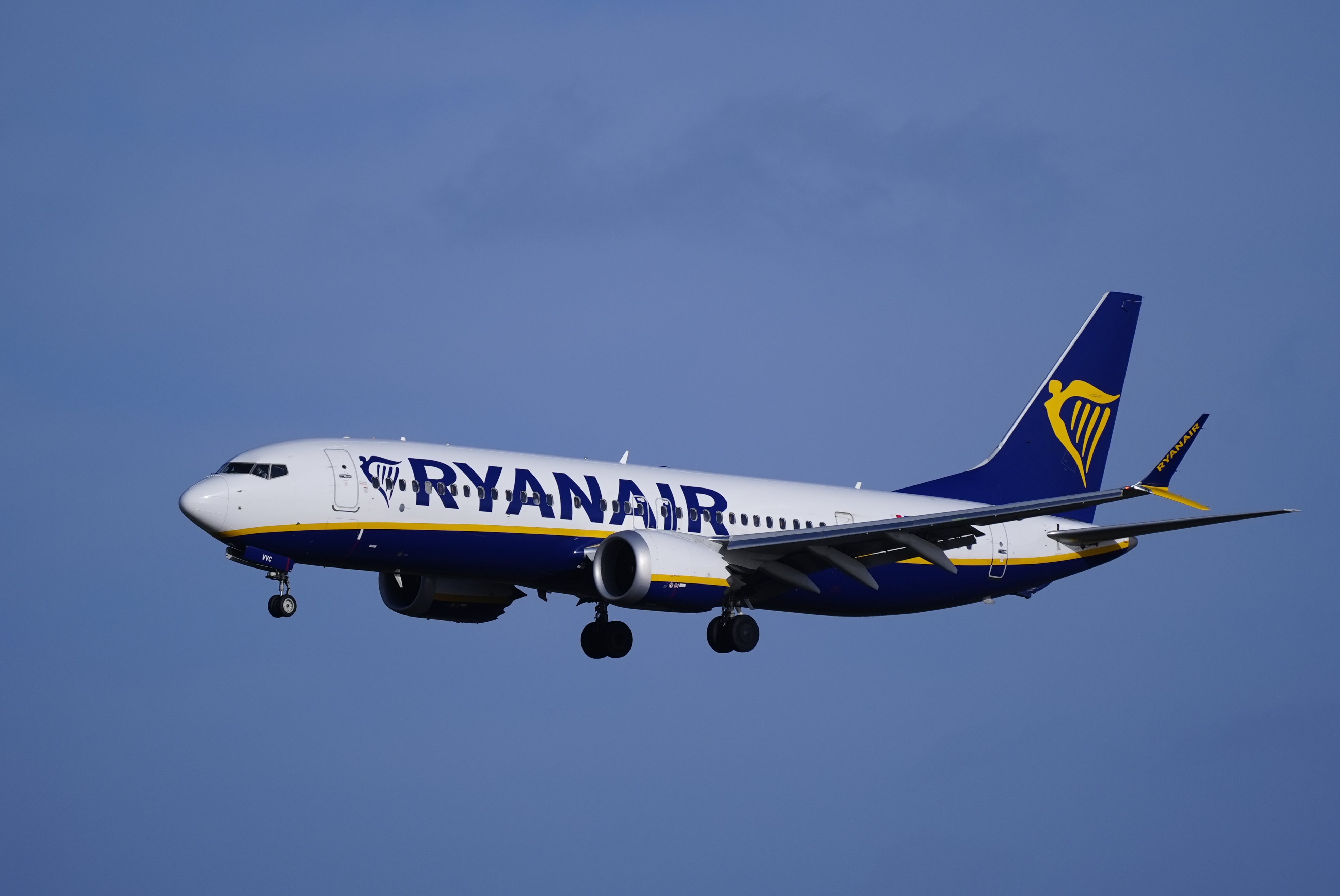
Ryanair has scaled back passenger growth projections, citing Boeing delivery delays as the problem.
The Irish budget airline has lowered its passenger forecast for the 2025-26 financial year, attributing the adjustment to ongoing delays in aircraft deliveries from Boeing. The carrier now anticipates 206 million passengers, representing a 3% increase, down from the previous projection of 210 million.
This marks the second time Ryanair has revised its passenger forecast downwards. In November, the airline reduced its initial estimate of 215 million passengers to 210 million, also citing issues with Boeing deliveries.
The airline industry has been grappling with production setbacks at Boeing, exacerbated by a protracted strike at the end of last year. Further compounding the situation, the aerospace manufacturer has been forced to curtail production of its 737 MAX aircraft following a door panel incident on a commercial flight in January of the previous year. These combined challenges have created a ripple effect across the airline industry, impacting carriers like Ryanair reliant on timely aircraft deliveries to meet growing passenger demand.
Ryanair chief executive Michael O’Leary said: “While B737 production is recovering from Boeing’s strike in late 2024, we no longer expect Boeing to deliver sufficient aircraft ahead of summer 2025 to facilitate full-year 2025-26 traffic growth to 210 million passengers.
“Boeing delays have forced us to revise our 2025-26 traffic target to 206 million (just 3% growth).”

With its passenger growth under pressure, Mr O’Leary said Ryanair would “reallocate this scarce capacity growth to those regions and airports – in Poland, Sweden and Italy – who are investing in growth by cutting/abolishing aviation taxes, and incentivising traffic growth”.
The group said it was “cautiously” guiding for profits after tax to rise to between 1.55 billion euro (£1.30 billion) and 1.61 billion euro (£1.35 billion) for the current 2024-25 financial year, down from 1.92 billion euro (£1.62 billion) the previous year.
Its latest update saw it report better-than-expected results for the three months to December 31, with after-tax profits at 149 million euro (£125 million), up significantly from last year’s 15 million euro (£13 million) and more than double analyst forecasts.
This was down to a 1% rise in average air fares in the quarter and robust Christmas and New Year bookings, while it flew 9% more passengers, at 45 million, despite the “prolonged Boeing delays”.
But it added that operating costs rose 8% to 2.93 billion euro (£2.57 billion) in the quarter due to higher staff costs and part as a result of the Boeing delays.







